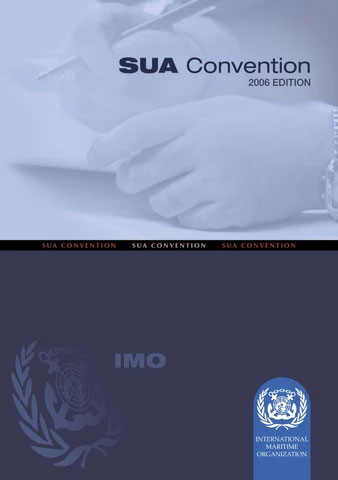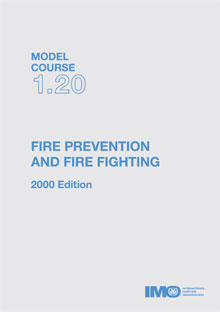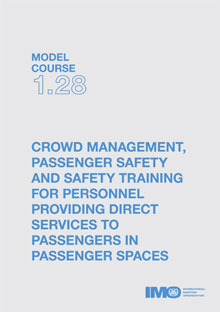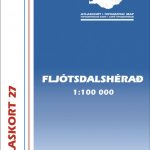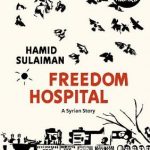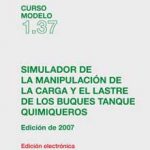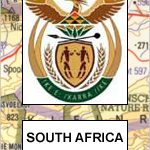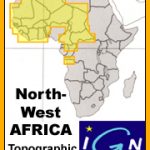Category Archives: Travel Guides
Code of Safety for Fishermen and Fishing Vessels – Part B Construction and Equipment of Fishing Vessels
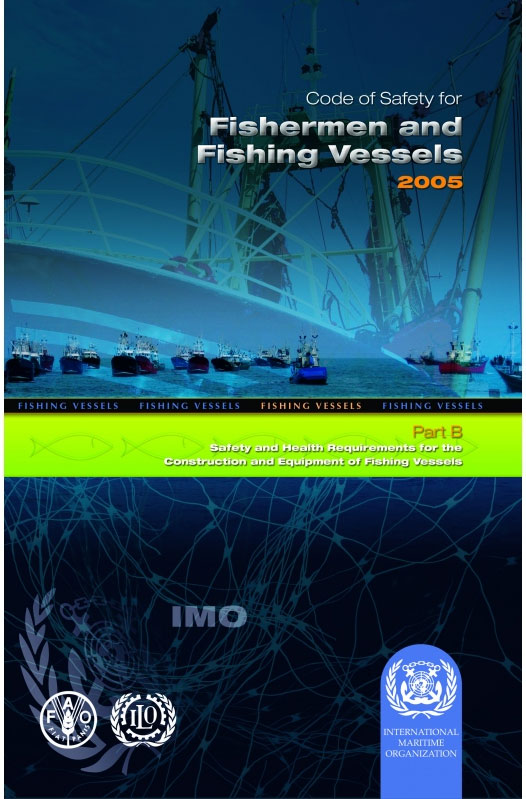
The SLF Sub-Committee established a correspondence group to facilitate the revision of the Code and the Voluntary Guidelines and, following clearance by the relevant sub-committees of the IMO, the revised text was submitted to the MSC at its seventy-ninth session (1 to 10 December 2004) at which it was approved.At the twenty-sixth session of the
Voluntary Guidelines for the Design, Construction, and Equipment of Small Fishing Vessels 2005
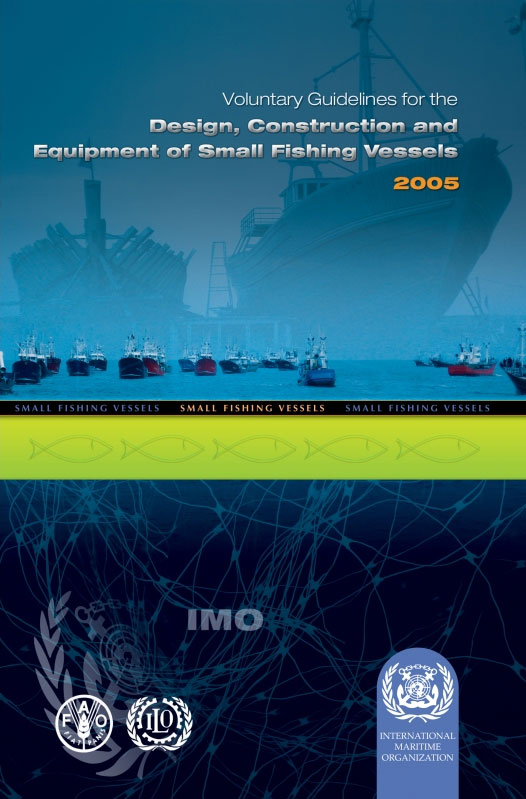
The SLF Sub-Committee established a correspondence group to facilitate the revision of the Code and the Voluntary Guidelines and following clearance by the relevant sub-committees of the IMO, the revised text was submitted to the MSC at its seventy-ninth session (1 to 10 December 2004) at which it was approved. At the twenty-sixth session of
SMCP – Standard Marine Communication Phrases with CD
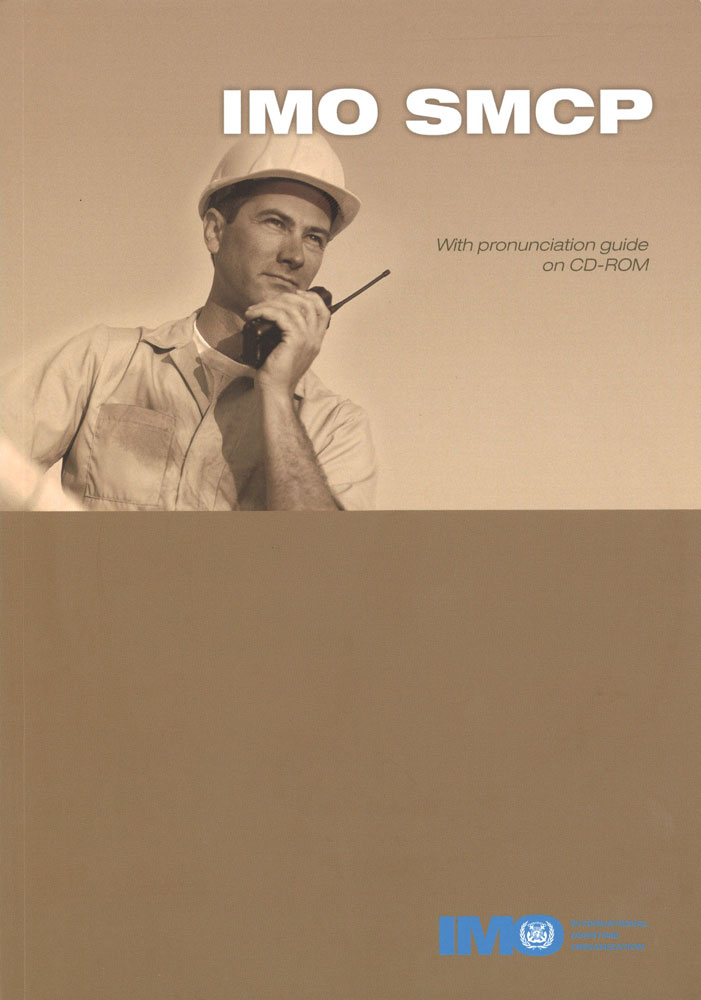
In November 2001 the draft of the IMO Standard Marine Communication Phrases (SMCP) that had been adopted by the Maritime Safety Committee in 1997 was amended, following international trials, and adopted by the Assembly as resolution A.918 (22). This resolution revokes A.380 (X), by which the Standard Marine Navigational Vocabulary was adopted in 1977.The phrases
Manual on Chemical Pollution (Section 2 – Search and Recovery of Packaged Goods Lost at Sea), 2007 Edition
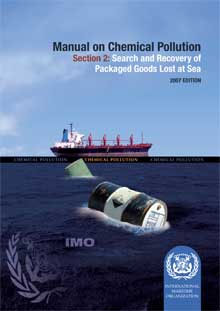
The Manual on Chemical Pollution currently has two sections. Section 1, Problem Assessment and Response Arrangements, was published in 1987. The present publication, Section 2, was prepared by the Marine Environment Protection Committee (MEPC) of the International Maritime Organization (IMO), and provides guidance to Governments on search and recovery procedures for packaged goods lost at
SAR Convention: International Maritime Convention on Maritime Search and Rescue, 2006 Edition
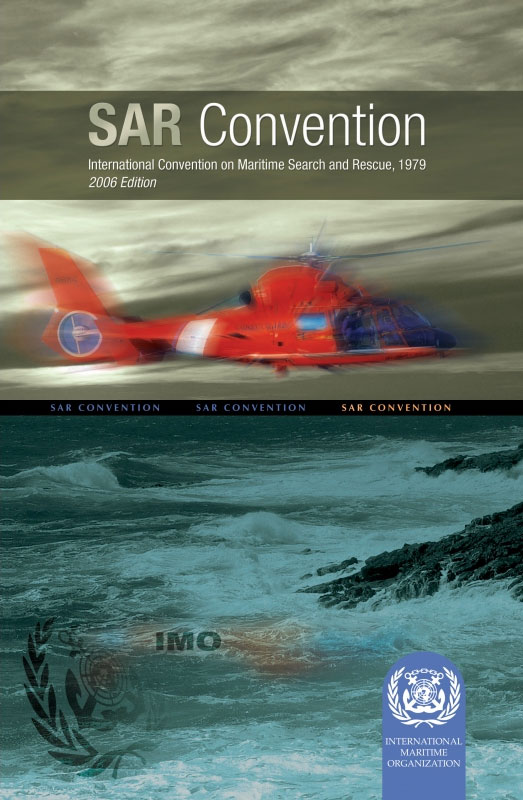
Providing a framework for carrying out search and rescue operations following accidents at sea, this revision includes amendments to the International Convention on Maritime Search and Rescue, 1979 which were adopted by resolution MSC.155(78) in May 2004. These amendments come into force on 1 July 2006.
SUA Convention (2006 Edition)
Manual on Oil Pollution (Section I, Prevention), 2011 Edition
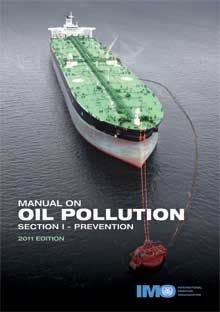
This Section of the Manual on Oil Pollution is intended to provide practical guidance related to the prevention of pollution from ships, and describes procedures for the handling of oil cargoes, bunkering, ship-to-ship transfer operations, transfer operations involving offshore units and operations in ice-covered waters. It also provides an overview of the various prevention practices,
Collision Regulations Convention (COLREGS), 2003 Edition
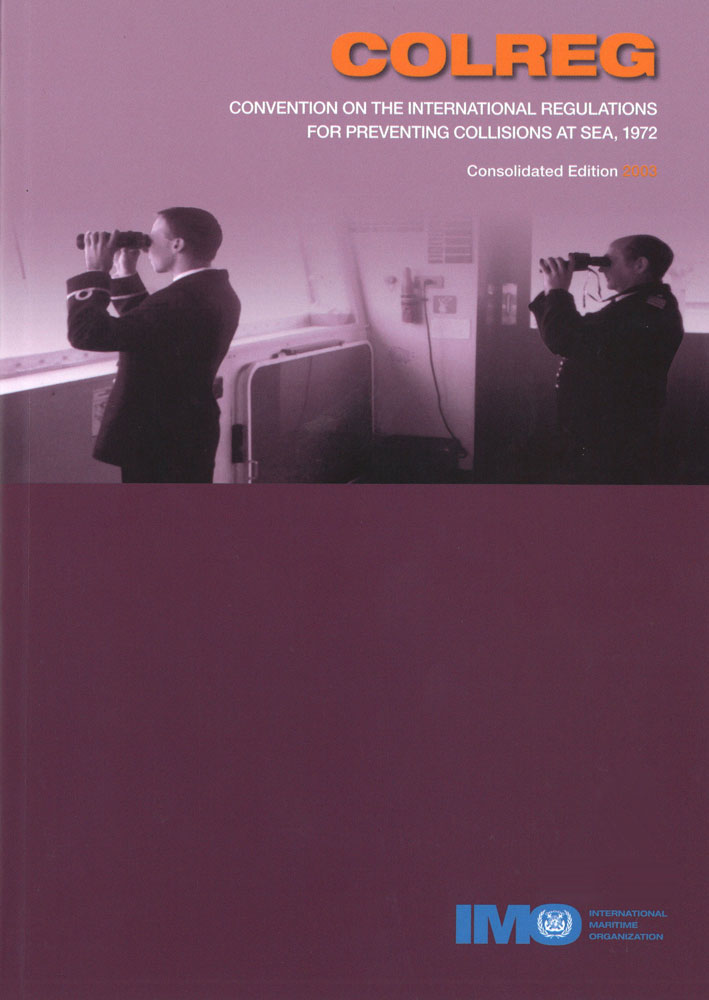
The Convention on the International Regulations for Preventing Collisions at Sea (COLREG), 1972 has been accepted by many States since it was adopted in 1972 and entered into force in July 1977. It was amended in 1981, 1987, 1989, 1993 and 2001. This publication contains the fully consolidated text of the 1972 Convention. It supersedes
Hong Kong Convention, 2013 Arabic Edition

This publications presents:- the Hong Kong International Convention for the Safe and Environmentally Sound Recycling of Ships, 2009:- six resolutions adopted at the International Conference on the Safe and Environmentally Sound Recycling of Ships held under the auspices of the International Maritime Organization in Hong Kong, China from 11 to 15 May, 2009:- six sets
Manual on Oil Pollution (Section IV, Combating Oil Spills), 2005 Edition

This edition of Section IV draws on the experience and lessons learned by Governments and industry in responding to marine oil pollution world-wide during the last thirty years. It builds on earlier editions, first published in 1972 and revised in 1980 and 1988, and provides a clear and concise overview of the present level of
Fire Prevention and Fire Fighting, 2000 Edition – IMO Model Course
Bioremediation in Marine Oil Spills (2004 Edition)
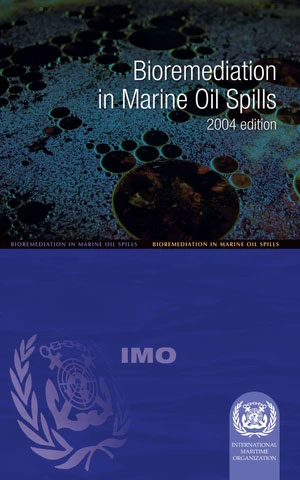
Major incidents such as the Amoco Cadiz (France, 1978), the Exxon Valdez (USA, 1989), the Braer (UK, 1993), the Sea Empress (UK, 1996), the Erika (France, 1999) and the Prestige (Spain, 2002) have provided the stimulus for the development of alternative response techniques to tackle oil pollution both at sea and on the shoreline. One
Crowd Management, Passenger Safety and Safety Training, 2000 Edition – IMO Model Course
Sampling of Dredged Material, 2005 Edition
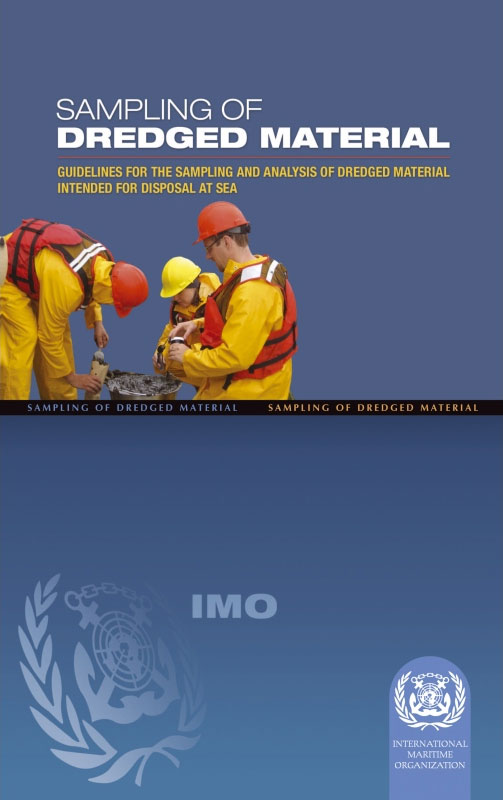
In the framework of the London Convention 1972 and the 1996 Protocol thereto generic “Waste Assessment Guidance” (WAG) were approved in 1997 for eight different types of waste allowed to be dumped at sea. One of them is dredged material.Complementing the Waste Assessment Guidance, specific guidelines for assessment of the different wastes were developed and
Onboard Assessment, 2017 Edition – IMO Model Course – E-Book
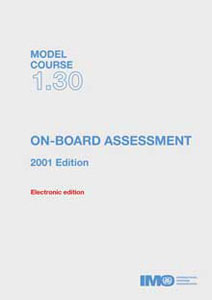
This course is primarily intended for any person conducting in-service assessment of competence of a seafarer on board. These would usually comprise senior shipboard officers (management level) but may also be suitable for shipboard personnel at operational level or experienced shore-based instructors with sufficient onboard expertise.
IMO International Convention on Load Lines, Consolidated Edition 2005
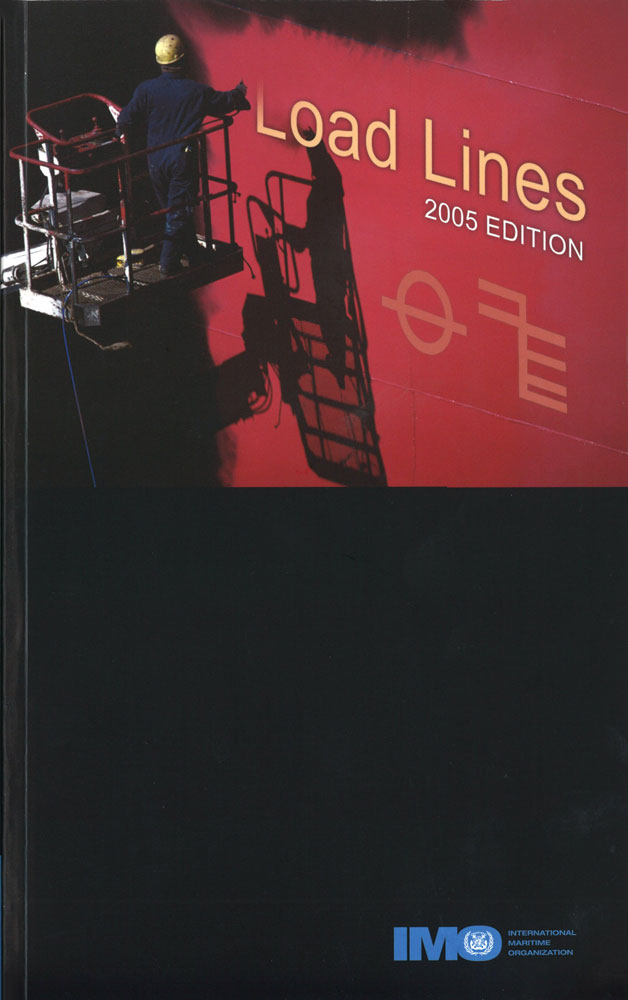
The International Convention on Load Lines, 1966 (1966 LL Convention) has been accepted by many States since it was adopted in 1966 and entered into force in July 1968. The Convention was modified by a Protocol in 1988; other States have accepted the Convention as modified by this 1988 Protocol, whichentered into force in February
Anti-Fouling Convention, 2005 Edition
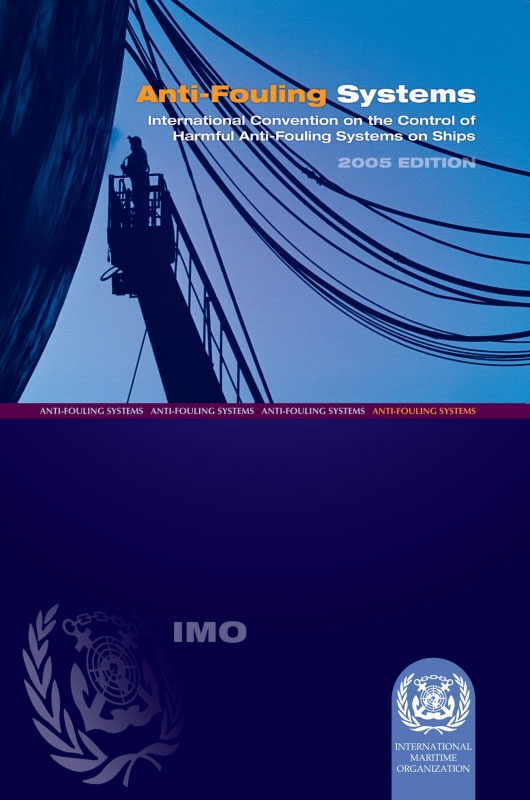
The harmful effects of anti-fouling systems were considered by the International Maritime Organization`s Marine Environment Protection Committee (MEPC) for the first time in 1988, when the Paris Commission requested the MEPC to consider the need for measures to restrict the use of tributyltin (TBT) compounds on seagoing vessels. As a first step, the Committee at
ICS – International Code of Signals
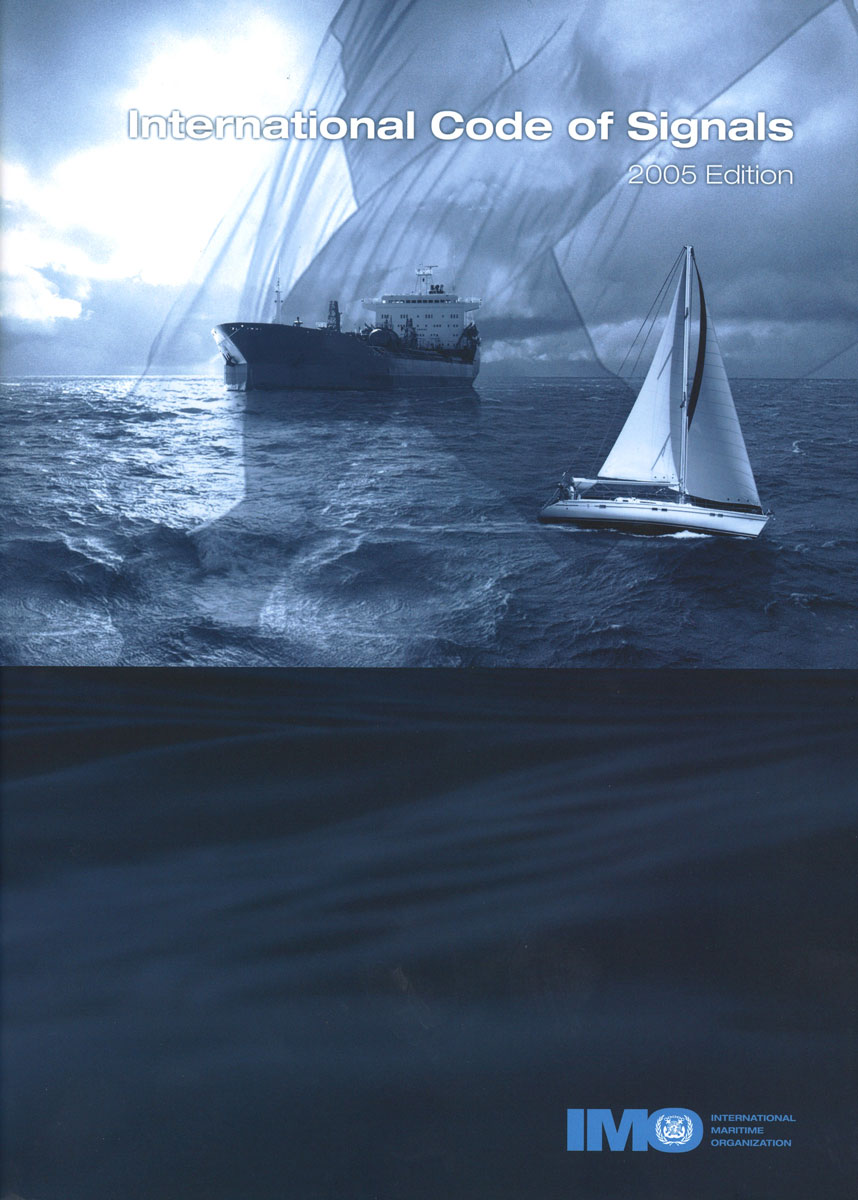
This edition of the Code incorporates all amendments adopted by the Maritime Safety Committee up to 2000.The Code is intended for communications between ships, aircraft and authorities ashore during situations related essentially to the safety of navigation and persons; it is especially useful when language difficulties arise. The Code is suitable for transmission by all
Condition Assessment Scheme (CAS)
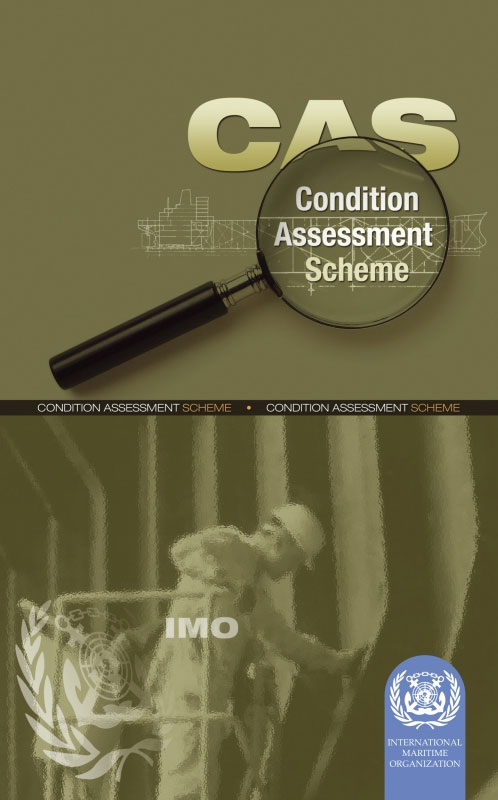
The Condition Assessment Scheme (CAS) for oil tankers, as a mandatory requirement under regulation 13G of Annex I to MARPOL 73/78, was originally adopted by the Marine Environment Protection Committee at its forty-sixth session (MEPC 46) on 27 April 2001 by resolution MEPC.94(46) and entered into force on 1 September 2002. MEPC 48 added, by
Code of Safety for Fishermen and Fishing Vessels – Part A: Safety and Health Practices for Skippers and Crews
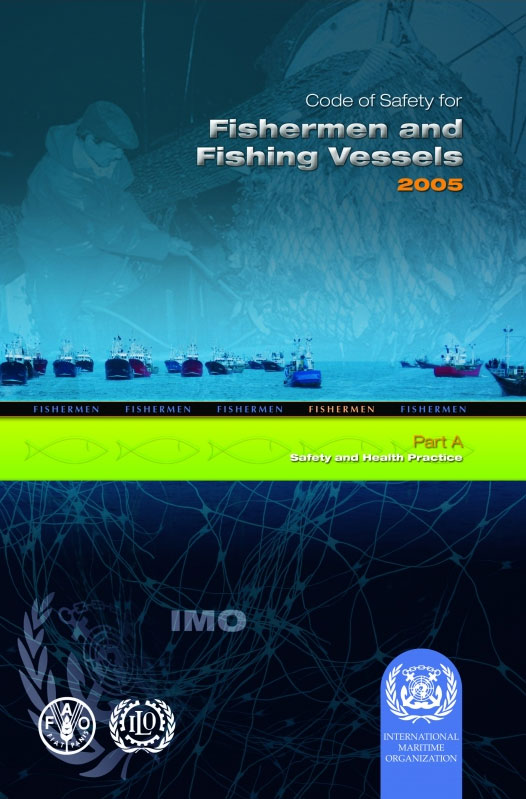
The Maritime Safety Committee (MSC) entrusted the revision of the Code of Safety for Fishermen and Fishing Vessels to its Sub-Committee on Stability and Load Lines and on Fishing Vessels Safety (SLF) and recommended that the recent developments in fishing vessel design and fishing operations should be taken into consideration.The revised Code was approved by







